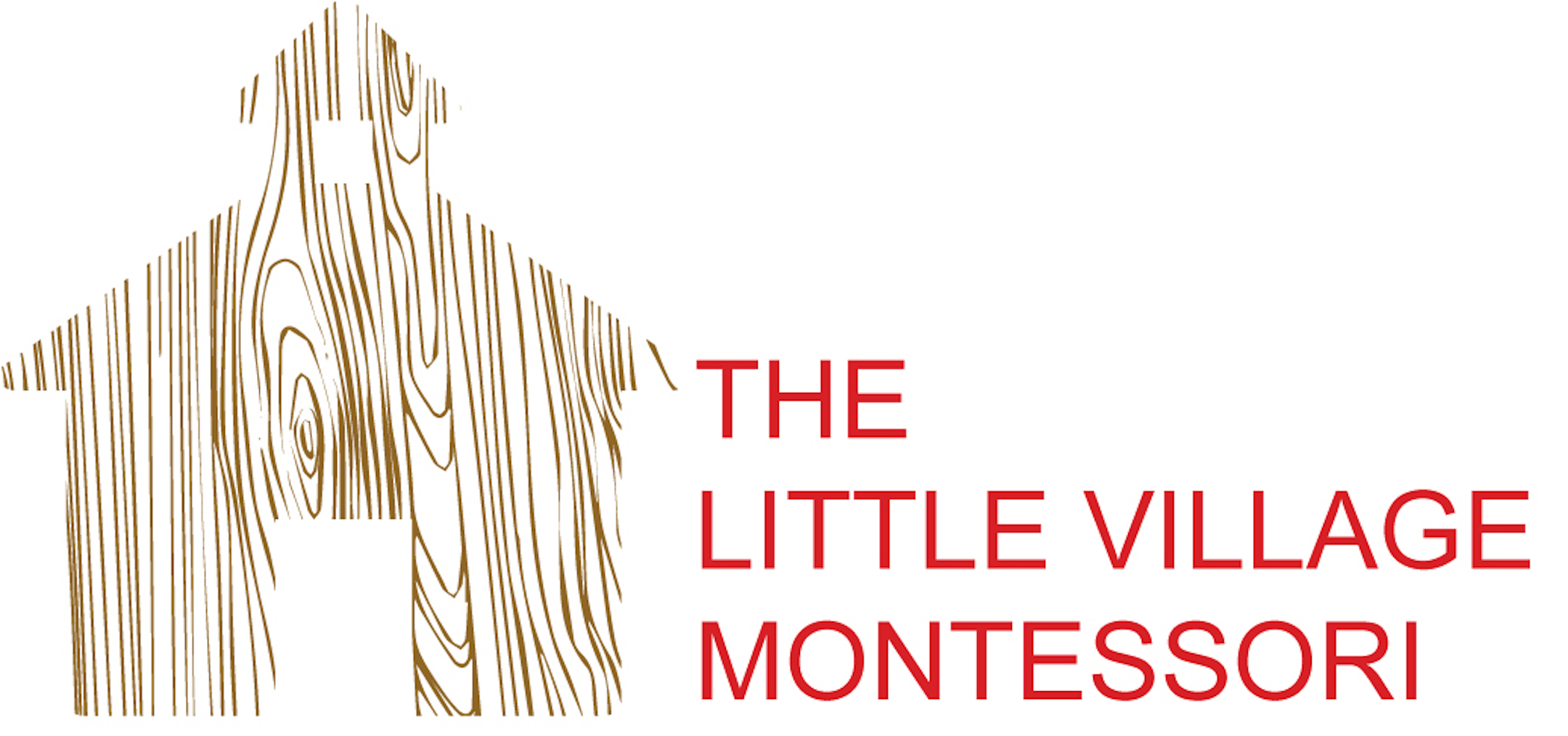What is Montessori?
The Montessori Method of education, developed by Dr. Maria Montessori, is a child-centered educational approach based on scientific observations of children from birth to adulthood. Dr. Montessori was an Italian physician and educator, who developed her time-tested method of teaching based on her scientific observations of young children's behavior. Her first "Children's House" was established in Rome in 1907. She found that children learned best in a homelike environment filled with developmentally appropriate materials that provide experiences, which contribute to the growth of self-motivated, independent learners. Her method has had over 100 years of success in diverse cultures throughout the world. The method is based on a perception of the child as one who is naturally eager for knowledge and capable of initiating learning in a supportive, thoughtfully prepared learning environment. It is an approach that values the human spirit and the development of the whole child—physical, social, emotional, cognitive. This approach is child-centered, with teachers serving as guides. In the Montessori school, play is a child’s work. While there is a focus on academics, the distinguishing feature is that children learn at their own pace.
What makes the Montessori approach unique?
Key Philosophical Foundations
( from Montessori in the 21st Century. The American Montessori Society. 2003.)
• Deep respect for children as individuals
• Multiage classes allow teachers to develop close and long-term relationships with their students, allow them to know each other's learning style well, and encourage older students to become role models, mentors, and leaders to younger students.
• Integrated curriculum is carefully structured and connects subjects within programs (e.g., history and cultural arts to maximize the opportunity for learning and builds from program to program to progress from concrete to abstract learning).
• Independence is nurtured and leads to children becoming purposeful, motivated, and confident in their own abilities.
• Peace and conflict resolution are taught daily and children learn to be a part of a warm, respectful, and supportive community.
• The child creates, in a very real sense, the adult that is to be, through his/her experiences, interactions, and environments. Character development is a central focus of the AMS Montessori curriculum.
• Hands-on learning is central to the curriculum in all programs and leads to children being engaged rather than passive with their work.
• The environments are responsibly and carefully prepared with multisensory, sequential, and self-correcting materials to support self-directed learning.
• Teachers and children and parents work together as a warm and supportive community.
• Self-expression is nurtured in all children. Children experience art, music, poetry, theater, writing, and other forms of creative arts with confidence and passion.
Desired Learner Outcomes Common to Montessori Education
Dr. Montessori carried her message across the globe, including the United States in 1912. Dr. Nancy Rambusch established the American Montessori Society in 1960. Montessori education in the United States appeals to those who embrace it because of its outcomes for students. The American parents who originally chose Montessori education matched their views of child rearing. They saw their children as moral beings, which over time would become the socially responsible people Montessori had envisioned. And they saw their children becoming confident, competent learners. The outcomes we aspire to teach are lifelong developments. The original American Montessori agenda of learner outcomes are as follows.
Independence: Is the child able to choose his or her own work, apply energy to that work, complete it to a personal criterion of completion, take and return the work to the place it is customarily kept, in such a way that another child will be able to find the work ready to do? Is the child able to seek help? Is the child able to locate resources to continue the self-chosen task without necessarily involving the teacher?
Confidence and Competence: Are the child’s self-perceived successes far more numerous than his or her self-perceived failures? Is the child capable of self-correcting work, upon observation, reflection, or discussion? Can the child manage the available array of “stuff” with a clear sense of purpose?
Autonomy: Can the child accept or reject inclusion in another child’s work or work group with equanimity?
Intrinsic Motivation: Is the child drawn to continue working for the apparent pure pleasure of so doing? Does the child, once having achieved a particular competence, move on to revel in mastery by showing others?
Ability to Handle External Authority: Is the child able to accept the “ground rules” of the group as appropriate in his or her dealing with other children? Is the child, distant from the teacher, able to function as if the teacher were nearby?
Social Responsibility: Independent and autonomous persons are always a part of a group and must attain independence and autonomy through participation in group activity. The loss of these qualities by one of a group is a loss for all.
Academic Preparation: In Montessori education, children learn to learn by learning. Academic preparation entails activation and cultivation of inherent powers and processes through which the learner becomes a supplier of meanings or of things-meaningfully-known. Academic skills are essential to learning and knowing, not the aim of learning and knowing.
Spiritual Awareness: Montessori views the child as a spiritual embryo. Implications are conveyed by the metaphor. All humans are spiritual beings as well as physical beings. They have spiritual health as well as physical health.
Citizens of the World: All children are part of both a world political system and a world ecological system. Both systems have their constitutions and all must learn to live by the letter and spirit of their laws. As a naturalist, Montessori knew about the laws of mind and of nature and understood the consequences of disobeying either of them.



